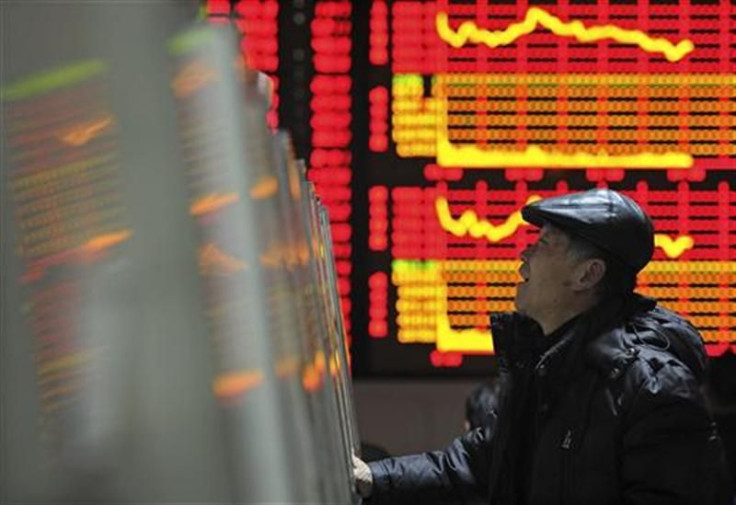Asian Markets Rise As Obama Wins U.S. Presidential Elections

Most of the Asian markets gained Wednesday as investor sentiment rose following the re-election of Barack Obama as U.S. President.
South Korea’s KOSPI Composite Index was up 0.49 percent or 9.38 points to 1937.55. Shares of Samsung Electronics Co Ltd rose 0.96 percent, and shares of Hyundai Motor Co gained 2.16 percent.
India's BSE Sensex rose 0.68 percent or 128.36 points to 18947.89. Among the major gainers were State Bank of India (2.54 percent), Tata Motors Ltd (1.76 percent) and Wipro Ltd (1.23 percent).
Japan's Nikkei Stock Average was marginally down 0.03 percent or 2.26 points to 8972.89. Among major losers were Chiyoda Corp (4.76 percent), Olympus Corp (2.74 percent) and Tosoh Corp (2.47 percent).
The Chinese Shanghai Composite marginally fell 0.01 percent or 0.27 points to 2105.73. Hong Kong's Hang Seng rose 0.32 percent or 69.31 points to 22013.74. Among major gainers were Sands China Ltd (1.28 percent) and China Mobile Ltd (1.37 percent).
Market participants were focused on the U.S. Presidential elections and its outcome and impact on the markets. Market players were encouraged to note that there was no delay in producing a victor in a race which was expected to be closer than the final outcome.
Obama’s winning of the election appears to have lifted market confidence with investors hoping for more monetary easing polices from the policymakers in the U.S., which will help revive the economic growth momentum of the world’s largest economy. Investors sense that Obama will face the colossal task of resolving the looming fiscal cliff but for now markets are welcoming the decisive outcome.
Investors are also focusing on Greece where the parliament is due to proceed to urgent vote on the implementation law of austerity and structural reforms’ package later Wednesday. The bill includes the labor market reforms agreed with the troika, comprising the European Commission, the International Monetary Fund and the European Central Bank, to which the coalition party Democratic Left party was firmly opposed.
© Copyright IBTimes 2025. All rights reserved.





















